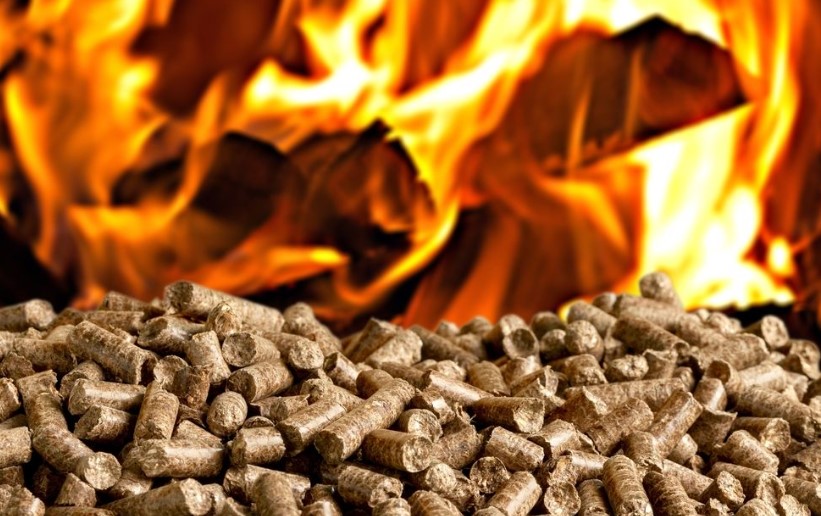All living plants and animals in the world have some form of energy in them. This energy stored comes from a carbohydrate source like sugar, starches, and cellulose. These carbohydrates are used to form usable energy. Dead plants and animals, when dried out, and processed are organic matter.
One major technique of harnessing energy from organic matter is called Biomass. Let’s talk about Biomass energy, how the works, the benefits of using it, and if there are any drawbacks.
About Biomass Energy
Biomass energy is sourced from plants and animals. Some organic waste examples:
- ```
- Wood crop waste
- Wood waste
- Yard waste ```
There are some unique ways to harness biomass energy using these above-mentioned materials. Biomass is known as a credible source of energy that creates heat. Biomass can be turned into liquid biofuels and burned for energy. You will see liquid biofuels such as biogas and biodiesel are used as fuel sources for transportation. When biomass is burned, it creates steam which turns the turbine into electricity.

How does biomass energy work?
Biomass energy is sourced from leftover plants, waste products, and animals that rot. When these are burned, it releases chemicals as heat. The heat produced will then be converted into biofuels before being used to create usable energy.
Furthermore, the process used is known as photosynthesis. Plants have chlorophyll which extracts carbon dioxide from the environment. It is called renewable energy because this water and carbon dioxide are released into the atmosphere. They are then used to grow more trees and crops starting the whole process again.
Pros of the biomass energy
Here are some pros of using this source of energy:
Renewable
Biomass energy is renewable which helps eliminate waste. When you use biomass materials, organic matter reduces, however, the energy is regenerated. Because the biomass supply keeps regenerating, it makes it an ideal investment.
Reliable
Biomass is an ideal resource that guarantees energy production everything. This makes it better than other energy sources like wind and solar which are intermittent.
Wind energy is created via the turbines. This makes it fuzzy and sometimes unreliable. You can control biomass energy power plants to save them for the future.
Unlimited amount
Another reason why you should use biomass energy is that it is very available. There are many amounts of organic material produced everywhere. Which means you can’t be short of supply of this energy source.
Reduces waste
When you continue using biomass, the earth reduces its wastage. Much of the world’s waste is biodegradable which includes food and plant waste.
Moreover, biomass takes waste that could have filled a landfill and makes them into energy. This makes the environment cleaner and better.
Cons of the biomass energy
Here are some drawbacks of using biomass energy:
Pricey
The production of biomass energy comes at a high price. The installation of biomass energy stations requires a major investment. Also, the transportation of materials can be expensive because it’s sourced from the forest and hot close to urban areas.
Needs space
You need a big space to install your biomass energy plants. Those with apartments with little or average space will find this difficult. Also, some plants grow their materials before they can grow maturely.
Green House Gas emissions
Although it is carbon-neutral, biomass releases some carbon dioxide into the environment. Other energy sources release zero carbon, which makes them better to tackle climate change.
Biomass energy is one of the best energy sources available and can be used everywhere. This is a reliable source of energy, although it can be a bit expensive.